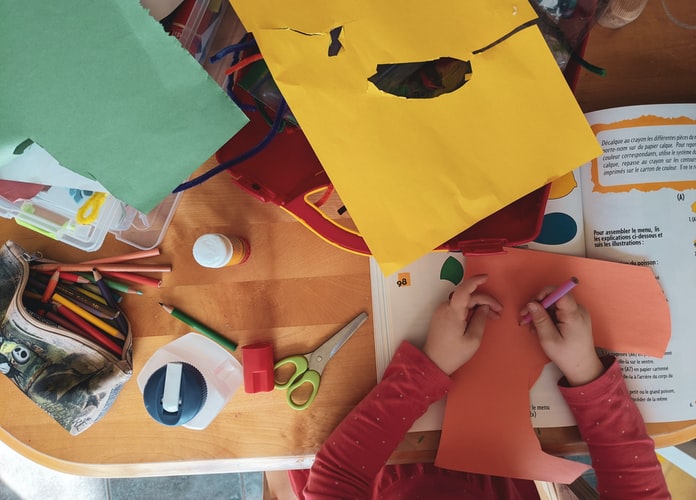Early childhood education programs are a part of the kids learning programs before they enter their kindergarten years. It is a broad term that defines many activities and teachings that help develop children’s cognitive functions and social skills before they enter school. These programs are tailored for kids of all ages and run either by a specific school or private school system.
Kids learning programs are gaining traction in Australia, and an estimated 296,000 kids were enrolled in some preschool education by 2017. The numbers have increased gradually over the years, with many families and households beginning to understand the importance of educating children in their preschool years.
How Early Education Programs Are Carried Out:
Programs are offered throughout many schools or daycares, nurseries and dedicated classrooms. They can be taken in house or class wise through home-based or public teaching services. Many of these programs are tailored around the parents’ schedule, which means that there are part-time, full time and all year services from which families can choose. They are mostly run by state governed schools or educational institutions, or privately funded organisations.
Importance of Early Childhood Education:
A child’s brain, especially in the ages of 3-6, is like a sponge, prone to absorb information at a much higher rate. Preschool years are one of the most critical times in a child’s lives because it is the start of how they learn to interact with the people around them and are naturally curious about the world. Preschool education teaches children the essential social skills and emotional control that provides a strong foundation for their future learning and mental growth. A solid base of cognitive, social, and emotional development is necessary for a child’s lifelong learning capabilities.
Preschool teaching can get young kids to be familiar with their teachers and create a stronger bond over time. As children become more comfortable with the people around them, they are more active in learning. Introducing children to various STEM concepts at an early age can positively impact their learning endeavours and help kids shape better choices.
Preschool students are more likely in graduating high school in their future years with improved performance on many standardised tests. It has been found to reduce the number of students who have to undergo a repeated grade or a year. Additionally, these kids are less likely to turn out to be lawbreakers and more likely to be independent and more capable of making their own choices.
Benefits Of Preschool Education:
- Preschool education improves social skills and reduces shyness in young kids.
- A sense of friendship and socialisation develops where sharing, caring and cooperation are encouraged.
- Early education builds a strong foundation for social, emotional and cognitive skills built up in their later years.
- Teachers get to know their little students better and help them identify any weakness and improve them through practical learning.
- Fun and adventurous activities give rise to a sense of understanding and encourage curiosity for knowledge.
- A cooperative mindset instils a sense of respect in children for another and their teachers.
- Improves concentration skills and develops a sense of need to chase ambitions, dreams or goals.
- Exposes children to diversity and enables them to respect and appreciate the differences in classmates and the world as a whole.
